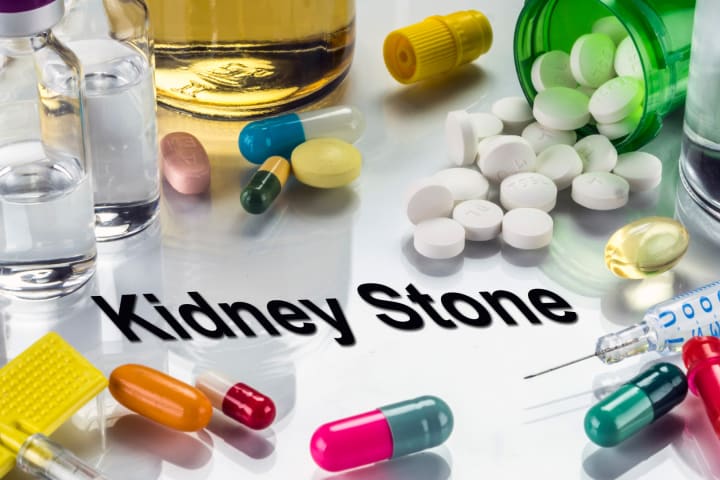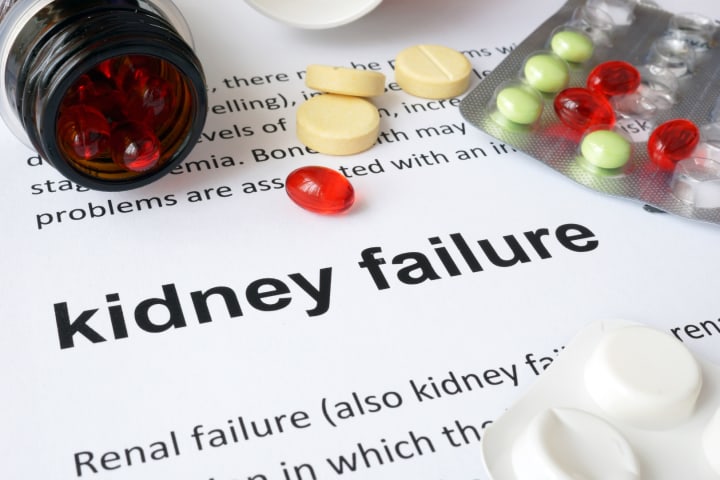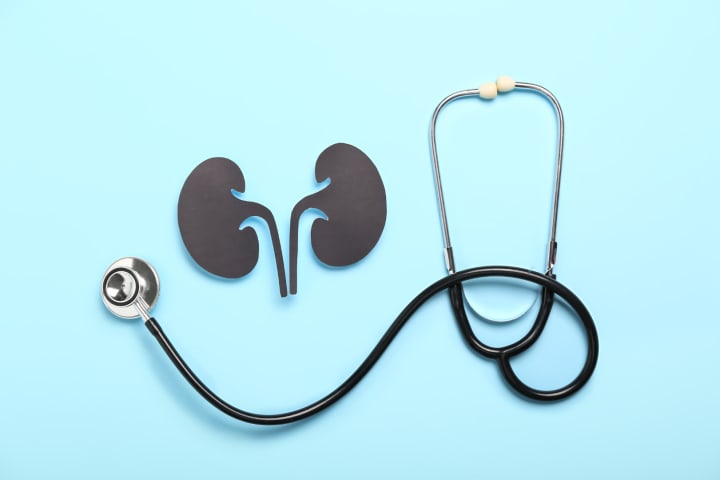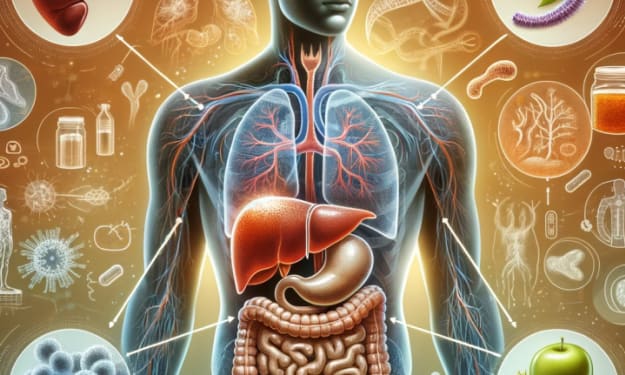Kidney Stone: Why do kidney stones start forming? Most people are unaware of these facts.
What You Need to Know About Kidney Stones

Kidney stones are hard deposits that form in your kidneys. They can be small or large, and they can cause a great deal of pain. Kidney stones are more common in men than women, and they are most likely to occur between the ages of 20 and 50.
There are many different types of kidney stones, but the most common are calcium oxalate stones and uric acid stones. Calcium oxalate stones are formed when there is too much calcium and oxalate in the urine. Uric acid stones are formed when there is too much uric acid in the urine.
There are many things that can increase your risk of developing kidney stones. Some of these risk factors include:
- Dehydration: When you don't drink enough fluids, your urine becomes more concentrated. This can lead to the formation of kidney stones.
- Family history: If you have a family history of kidney stones, you are more likely to develop them yourself.
- Certain medical conditions: Some medical conditions, such as gout and inflammatory bowel disease, can increase your risk of developing kidney stones.
- Certain medications: Some medications, such as steroids and diuretics, can increase your risk of developing kidney stones.
- Diet: A diet high in salt, animal protein, and sugar can increase your risk of developing kidney stones.
If you have kidney stones, you may experience the following symptoms:
- Sudden, severe pain in your back or side
- Nausea and vomiting
- Blood in your urine
- Painful urination
- Frequent urination
If you experience any of these symptoms, it is important to see a doctor right away. Kidney stones can be a serious problem, but they can usually be treated successfully.
How do kidney stones form?
Kidney stones form when there is an imbalance of certain substances in the urine. These substances can include calcium, oxalate, uric acid, and cystine.
When these substances are in high concentrations in the urine, they can form crystals. These crystals can then clump together to form a kidney stone.

What are the risk factors for kidney stones?
There are many risk factors for kidney stones, including:
- Age: Kidney stones are more common in people over the age of 40.
- Gender: Men are more likely to develop kidney stones than women.
- Race: African Americans are more likely to develop kidney stones than Caucasians.
- Family history: People with a family history of kidney stones are more likely to develop them themselves.
- Diet: A diet high in salt, animal protein, and sugar can increase your risk of developing kidney stones.
- Certain medical conditions: Some medical conditions, such as gout, inflammatory bowel disease, and kidney disease, can increase your risk of developing kidney stones.
- Certain medications: Some medications, such as steroids and diuretics, can increase your risk of developing kidney stones.
What are the symptoms of kidney stones?
The most common symptom of a kidney stone is pain. The pain is usually sudden and severe, and it is often located in the back or side. The pain may be accompanied by nausea, vomiting, blood in the urine, and frequent urination.

How are kidney stones diagnosed?
If you have symptoms of a kidney stone, your doctor will likely order a urinalysis and blood tests. These tests can help to determine if you have a kidney stone and what type of stone it is.
Your doctor may also order an imaging test, such as an ultrasound or CT scan. These tests can help to locate the stone and determine its size.
How are kidney stones treated?
The treatment for kidney stones depends on the size and type of stone. Small stones may pass on their own without any treatment. Larger stones or stones that are causing pain may need to be removed.
There are several ways to remove kidney stones. These methods include:
- Ureteroscopy: This is a procedure in which a thin tube with a camera is inserted into the ureter. The stone is then broken up with a laser or ultrasound and removed.
- Percutaneous nephrolithotomy: This is a procedure in which a small incision is made in the back. A tube is then inserted into the kidney and the stone is removed.
- Open surgery: This is a rare procedure that is only used for large stones that cannot be removed by other methods.

How can you prevent kidney stones?
There are several things you can do to help prevent kidney stones. These include:
- Drink plenty of fluids: This is the most important thing you can do to prevent kidney stones. Aim to drink 2-3 liters of fluids per day. Water is the best choice, but other fluids, such as unsweetened tea and coffee, also count.
- Eat a healthy diet: A diet high in fruits, vegetables, and whole grains can help prevent kidney stones. These foods are low in oxalate and high in citrate, which can help to prevent kidney stones from forming.
- Limit your intake of salt: A high-sodium diet can increase your risk of developing kidney stones. Aim to limit your daily intake of sodium to 2,300 milligrams.
- Limit your intake of animal protein: Animal protein can increase the amount of uric acid in your urine, which can increase your risk of developing kidney stones. Aim to eat no more than 100 grams of animal protein per day.
- Lose weight if you are overweight or obese: Being overweight or obese can increase your risk of developing kidney stones. If you are overweight or obese, talk to your doctor about a safe and healthy weight loss plan.
- Take medication if necessary: If you have a history of kidney stones, your doctor may recommend that you take medication to help prevent them from forming.
If you have any questions or concerns about kidney stones, talk to your doctor.
Conclusion
Kidney stones can be a painful and frustrating condition, but they can usually be prevented. By following the tips above, you can help to reduce your risk of developing kidney stones.
About the Creator
TUHIN HANSDA
Explore My Profile for a Variety of Stories Across Different Niches. Writing has always been my passion. It enables me to delve into new ideas, beliefs, and the dreams that constantly occupy my mind.





Comments
There are no comments for this story
Be the first to respond and start the conversation.